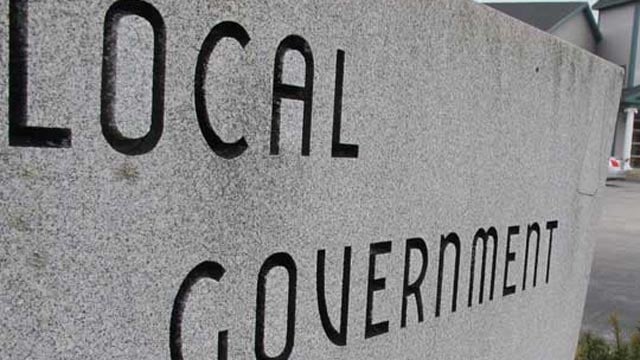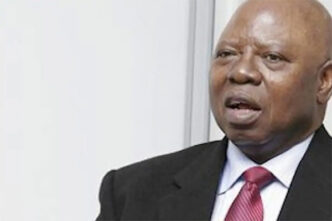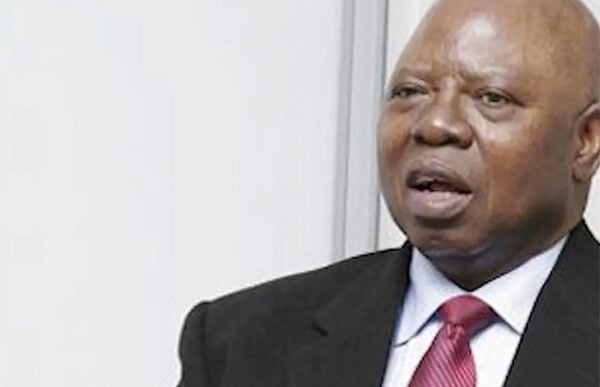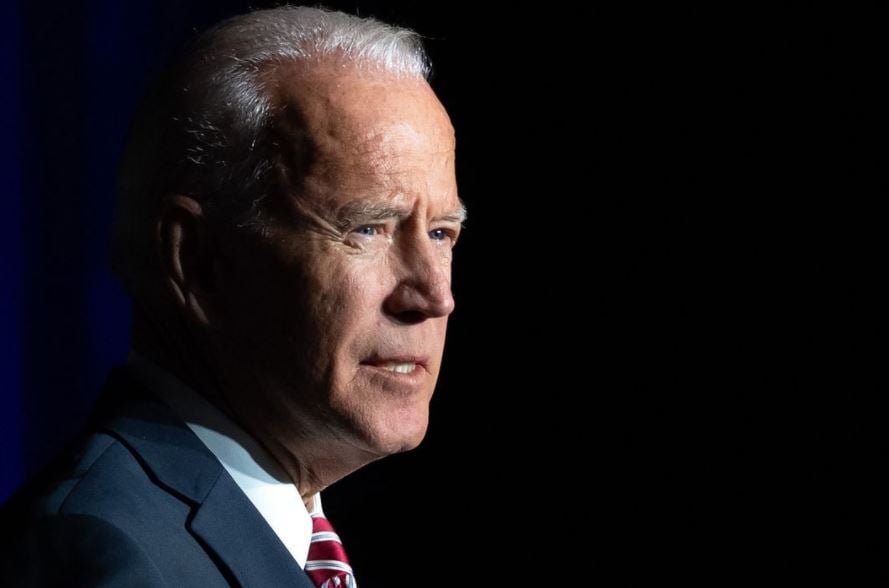There are very good vibes coming from the Ministry of Communications, Innovation and Digital Economy. They give a good feel to the ears and even more catchy for the eyes. At a press meet which looked more like a well-worked roadshow to promote a new Bill currently with the National Assembly, titled: National Digital Economy and e-Government Bill, the Minister, Dr Bosun Tijani, said the passing of the Bill could inject $18.3bn into the nation’s economy.
That sounds very good and attractive. Introduced as A Bill for an Act to enable the growth of Digital Economy and Digital Governance in Nigeria by improving the certainty of digital transactions, digital service delivery, and matters related, the 54-page document has objectives, which include: To enhance the use of digital technology to grow Nigeria’s economy; To create an enabling environment for fair competition to promote innovation, growth, and competitiveness for the Nigerian Digital Economy; To create export-oriented capacities in Nigeria’s digital economy to improve Nigeria’s balance of trade and services; and To mandate, promote and enable the digital transformation of public institutions and Government processes for efficient and effective service delivery.
The Bill seeks to bring clarity and validity to digital transactions, trade and business relationships while setting new standards in government to government communications and government interface with the public.
It is fair to say that the Bill looks at governance with digital eyes from the psychedelic positioning of the young-at-heart who, perhaps, look at yesterday as a life too far gone and very antiquated. The Bill encourages you to do transactions without ever meeting your trade partners, and everything executed to specifications, with the right signatures electronically appended, and with generous assurances of fidelity in the entire process. It will smoothen processes and evaporate bureaucracies in government offices. It plans to reset Nigeria with a new engine, a digital one for that matter.
Advertisement
This is not a preview at all. But there are a couple of things which raise something more alarming than the proverbial red flag. I am not a learned fellow, dear friends, but
fairly literate to the extent of knowing when a language is becoming violent and superfluous. Look at this.
In Part XV, under Miscellaneous, which is annotated as Supremacy of National Digital Economy and E-Governance Act, the Bill which is confusingly called an Act, states as follows: Notwithstanding the provisions of any other law but subject to the provisions of the Constitution of the Federal Republic of Nigeria, in all matters relating to the digital economy and e-government, the provisions of the Act shall override the provisions of any other Law.; and The Regulatory agency shall establish regulations on the use and adoption of new and emerging technologies as it relates to information technology.
The foregoing two examples will suffice. But here is my gut feeling about the Bill. The Bill puts on the costume of dollars to beguile a nation and a National Assembly that may not see beyond the superficiality of monetary attractions, especially in a country with roaring inflation and troubling food prices. The Bill which is like a child trying to appropriate the responsibilities of a father, holds in absolute contempt other existing Acts irrespective of age.
Advertisement
Already in existence are the Cybercrimes (Prohibition, Prevention, etc) Act, 2015; Nigerian Communications Act 2003; The National Broadcasting Commission Act Cap N11 Laws of the Federation of Nigeria 2004; National Information Technology Development Agency (NITDA) Act 2007, and, in fact, there is already a very controversial Bill at the National Assembly which seeks to amend the existing NITDA Act. And then, this new one entirely.
This particular Bill will set up a regulator for the digital space which may be given the rapacious opportunity to swallow up other Acts before it. That may be the only way to accommodate a new regulator in these days that the current administration is trying to trim the size of government. The dollar sign is only a ruse, a smokescreen that will evaporate at the approach of reality.
But I must also admit the Bill is well written, perhaps too sugar-coated; the lawmakers must strip it of all its excesses and octopi positioning. The Bill should only try to encourage new businesses and opportunities in the digital ecosystem and not cause chaos in already established areas.
Irrespective of promoted advantages and the huge inflow of cash expected to come into the economy, I see a whole lot of contradictions and that troubles me. It seems the minister is on a drive at such a speed that leaves relevant stakeholders behind.
Advertisement
Asked whether the telecommunications industry was ever consulted as critical stakeholders before the Bill was put in place, a highly placed industry source told this writer that there was never such consultation. “Those in authority are not interested in negative or constructive feedback. They are only interested in what they want to hear. Are the critical stakeholders being engaged? The answer is no,” my source said, adding ruefully that “we are not in a very good position as an industry.”
I will attempt a little explanation. People expected that the minister would pay more attention to the digital economy, new tech businesses and tech upstarts where he has earned a name. He seems not to have disappointed their expectations at all.
Somebody had asked me what would happen if the telecommunications sector should unplug some of these young tech companies. There would be a failure of immense proportions, the source volunteered an answer. That is not likely to happen soon. The source was only trying to explain why the minister should be interested in the fortunes of the industry, and there are no strong signs to prove that he is presently.
The telecommunications industry is in dire straits. Out of the big three, two made significant losses last year and one of them even had to scale down CAPEX by as much as 30 per cent. It is no surprise that the quality of experience, as the NCC chooses to call it now instead of quality of service, is painfully poor. Glo is a private business and does not announce earnings while 9MOBILE remains in the woods.
Advertisement
Unfortunately, the regulator, Nigerian Communications Commission (NCC), is also troubled and it’s immediate attention may be tailored towards its own survival. Although it is often said that government is a continuum, this writer gathered that the previous administration caused so much distortion and chaos within the regulatory system that steering the agency to a safe zone has become a daunting task. This comes with pains which the agency is feeling and the industry as well.
A source within the Commission said on Monday that the regulator is aware of the challenges confronting the industry at the moment and was working with key stakeholders to achieve industry sustainability and elevated quality of experience.
Advertisement
“Let quality improve and let Nigerians have something to be happy about,” the source explained.
Confronted with the grind of survival, the minister’s Bill may be a distraction, although the NCC will not have the stomach to say so. This writer is old enough to inform here that Dr Bosun has not earned the trust of the telecommunications industry and there is a small group at the regulatory agency praying for affliction not to return a second time after a painful and destabilising experience under the previous administration. I am of the strong opinion that there is a good way ahead to make amends.
Advertisement
Views expressed by contributors are strictly personal and not of TheCable.
Add a comment









